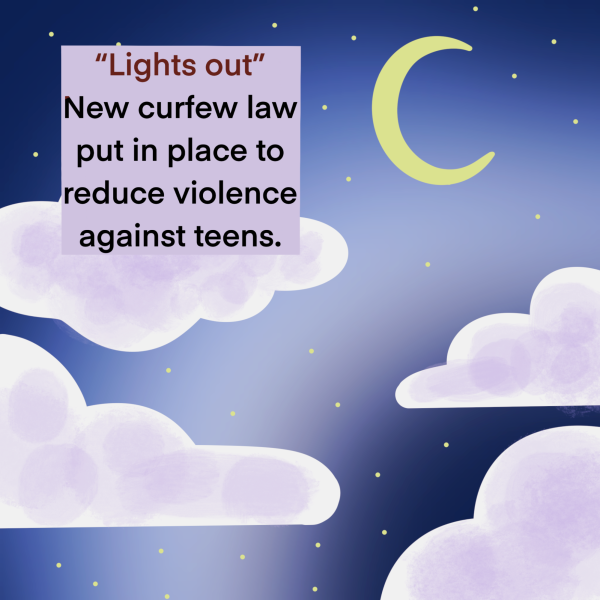Extended coverage: more facts about depression
March 20, 2015
According to the website of clinical-depression.co.uk
- Depression people of all ages, backgrounds, lifestyles and nationalities suffer from major depression
- With a few exceptions, up to 20 percent of people experience symptoms of depression
- 10 times more people suffer from major depression now than in 1945 (2)
- The average age of first onset major depression is 25-29
- About a quarter of suicides in the US are considered to be due to undiagnosed, or misdiagnosed, major depression
- Up to 80% of suicide deaths are in sufferers of major depression
What causes depression?
- A persistent sad, anxious or “empty” mood
- Sleeping too much or too little
- Reduced appetite and weight loss, or increased appetite and weight gain
- Loss of interest or lack of pleasure in activities the depressed once enjoyed
- Restlessness or irritability
- Persistent physical symptoms such as headaches, chronic pain or constipation and other digestive disorders
- Difficulty concentrating, remembering or making decisions
- Fatigue or loss of energy
- Feeling guilty, hopeless or worthless
- People with negative thinking and low self-esteem
- Drug and alcohol use
- Women are 2 times more likely to suffer from depression than men- reasons include hormonal changes women go through during menstruation, pregnancy, childbirth and menopause. Other reasons may include the stress caused by the many responsibilities that women have.
- Depression is more likely to occur along with certain illnesses, such as heart disease, cancer, Parkinson’s disease, diabetes, Alzheimer’s disease and hormonal disorders.
- Difficult life events, including divorce, financial problems or the death of a loved one can contribute to depression
- Thoughts of death or suicide
Types of Depression:
- Major depression – also called major depressive disorder, clinical depression, unipolar depression or simply depression. It involves low moods and/or loss of interest and pleasure in usual activities, as well as other symptoms.
- Melancholia – the term used to describe a severe form of depression where many of the physical symptoms of depression are present.
- Depressive disorder – can lose touch with reality and experience psychosis. This can involve hallucinations (seeing or hearing things that are not there) or delusions (false beliefs that are not shared by others), such as believing they are bad or evil, or that they are being watched or followed.
- Antenatal and postnatal depression – women are at an increased risk of depression during pregnancy (known as the antenatal or prenatal period) and in the year following childbirth (known as the postnatal period).
- Bipolar disorder – used to be known as ‘manic depression’ because the person experiences periods of depression and periods of mania with periods of normal mood in between.
- Cyclothymic disorder – is often described as a milder form of bipolar disorder. The person experiences chronic fluctuating moods over at least two years. This involves periods of hypomania (a mild to moderate level of mania) and periods of depressive symptoms, with very short periods (no more than two months) of normality between.
- Dysthymia – similar to those of major depression, but are less severe. However, in the case of dysthymia, symptoms last longer. A person has to have this milder depression for more than two years to be diagnosed with dysthymia.
- Seasonal Affective Disorder (SAD) – a mood disorder that has a seasonal pattern. The cause of the disorder is unclear, however it is thought to be related to the variation in light exposure at different seasons.
Signs and Symptoms of Depression:
Behaviour
- not going out anymore
- not getting things done at work/school
- withdrawing from close family and friends
- relying on alcohol and sedatives
- not doing usual enjoyable activities
- concentration issues
Feelings
- overwhelmed
- guilty
- irritable
- frustrated
- lacking in confidence
- unhappy
- indecisive
- disappointed
- miserable
- sad
Thoughts
- ‘I’m a failure.’
- ‘It’s my fault.’
- ‘Nothing good ever happens to me.’
- ‘I’m worthless.’
- ‘Life’s not worth living.’
- ‘People would be better off without me.’
Physical
- tired all the time
- sick and run down
- headaches and muscle pains
- churning gut
- sleep problems
- loss or change of appetite
- significant weight loss or gain
How to overcome depression?
- Set realistic goals and don’t take on too many tasks.
- Try to be with others and confide in someone.
- Participate in activities that you enjoy.
- Exercise in moderation. It is the easiest and least expensive cure for depression.
- Remember feeling better will take time.
- Don’t make any important decisions until the depression has lifted.
- Let your family and friends help you.






